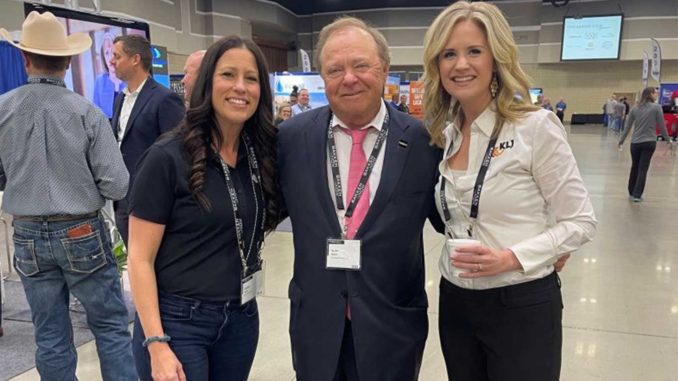
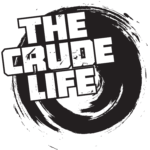
Summary and interview by Genneca Houser
Did you know that there are people whose job it is to design well pad sites? We talked with two well educated and industry experienced ladies who work together for KLJ to do exactly that. Because a person can’t just place well pads and roads just anywhere, people or businesses will hire individuals like Daphne Senn and Corie Ereth to look at the site to determine the best placement and design to ensure the least amount of environmental disruption.
Daphne and Corie work together to account for things like vegetation, animal habitats, cultural resources, and permitting to make sure there isn’t anything to get into trouble for later. Daphne, a Civil Engineer and Project Leader, designs the layout of the well pad as well as the road to it, and Corie, an environmental expert, assists with placement using her extensive knowledge of the soil, animals and vegetation. Together, they can help clients to put well pads together that are not only efficient, but could be considered environmentally symbiotic.
“I can also help, too, with sometimes trickier soils on
providing a seed mixture that works the best for that type of soil,
too.” – Corie Ereth, KLJ
With the focus on ESG, such an environmentally conscious approach is
keeping them busy. Daphne and Corie say that they’re very glad to be
able to work together on these projects because each project has so many
moving parts. But the popularity is an interesting item to note because
on private land it’s not required to have a civil engineer design the
site. If it’s not required, though, why should operators go through the
extra of hiring professionals like Daphne and Corie? According to
Daphne, it’s because spending now means saving later.
“So, that’s what we’re trying to convince these
operators, that if they just spend a little bit more money up front then
maybe they’ll save money in the long run.” – Daphne Senn, KLJ
KLJ is a company that has been around for quite some time and has a
hand in many different industries. But the well-pad design branch is
fairly industry specific. Daphne has been working for KLJ ever since she
first graduated college, and Corie has been working for KLJ for 6 years
after her time at the Natural Resources Conservation Service. It’s a
company that they say, not only treats the employees well, but also
allows them a career with daily surprises and new challenges. Their
line of work also allows them to build good relationships with customers
and feel a sense of reward when the job is well done.
“For me, it’s a little bit of balance, right? So, it’s
nice because you don’t have to choose one or the other, right? You can
actually help them problem solve to have the least amount of impact on
any of the environmental stuff… that’s what’s nice. And working with
Daphne – I give her the problems and she thinks around them.” – Daphne Senn, KLJ
For Corie, it’s all about that balance as well; balance between environmental conservation and public health and safety.
“I feel like I still provide a lot of conservation and
protect a lot more because of the position I’m in. I’m helping our
clients do better.” – Corie Ereth, KLJ
It’s not just the job that makes it worthwhile though, it’s also the
clients. According to Corie, their clients are “top notch.” It seems
that, because they were already doing everything possible to be
environmentally friendly as possible, the ESG regulations didn’t even
affect them or the work. This makes it all the more frustrating when
some media outlets correlate the oil and gas industry with environmental
destruction, when the reality is that there is so much being done that
it could take over a year to complete just one project.
“I feel like they’re an easy target, but nobody actually
sees the upfront work and that they put time put into it. One project is
a year minimum… there are a lot of hours that get put into a project
before it’s actually constructed.” – Corie Ereth, KLJ
In any one project, there are a great many moving pieces which makes
their favorite thing also the most difficult. Having new obstacles to
overcome everyday may keep them on their toes, but it also can be
difficult to plan for. So they say that you just have to continue
working to find new solutions for new problems.
“There’s always that one. It seems like you have one a
year that, you’re like, this one is going to fight us until the end… but
again, they’re just a different challenge and you look at other
options…” – Corie Ereth, KLJ
The most prominent issues, however, seem to be with environmental constraints and run-off issues surrounding the pad. The latter is the reason both Daphne and Corie came to the WBPC as keynote speakers. Apparently, when the soil and vegetation aren’t given the proper consideration, the root systems on the surrounding vegetation don’t grow properly causing erosion and that leads to water puddling on location. Of course, that leads to a mucky mess among other issues. It could even lead to run-off in other areas making it necessary to start all over with propagating the proper vegetation.
“It’s the worst whenever it’s a newer pad, so then you don’t even have your vegetation established and then it’s just creating headaches for them.” – Daphne Senn, KLJ
Taking proper care of the surrounding plant life may not seem like a big issue, but the problems it can cause from negligence can be quite big when the water can’t get to where it should be going. The plants and trees don’t even have to be fancy; in fact, they just need to be able to grow well in the environment. With that goal in mind, they will match the plant life to the soil so that it will take root and grow more quickly, and thus saving from ponds and erosion on the pads.
“Once you get roots in the ground, that’s going to hold
the soil together. It allows water to move into the soil profile versus
running on the top and cutting your slopes and causing sediment to leave
the sites…” – Corie Ereth, KLJ
With all of the controversy surrounding the different practices
within the oil and gas industry supposedly accelerating environmental
decline, we had to ask candidly if there was any detriment to the area
when well pads are put in. Corie was confident in answering no, saying
that they utilize the native environment from start to finish so that
not even outside soil is brought onto location. In fact, when the site
is prepared, the top soil is pushed to the side so that the well may be
reclaimed by its own soil once the well is retired. But that is exactly
why these two ladies are trying to spread the word that the good work of
people, like themselves, can prevent serious issues and proactively
plan how to get the best results.
“Upfront, thoughtful planning equals minimizing and mitigating risk.” -Excerpt from KLJ Well Pad Keynote Presentation
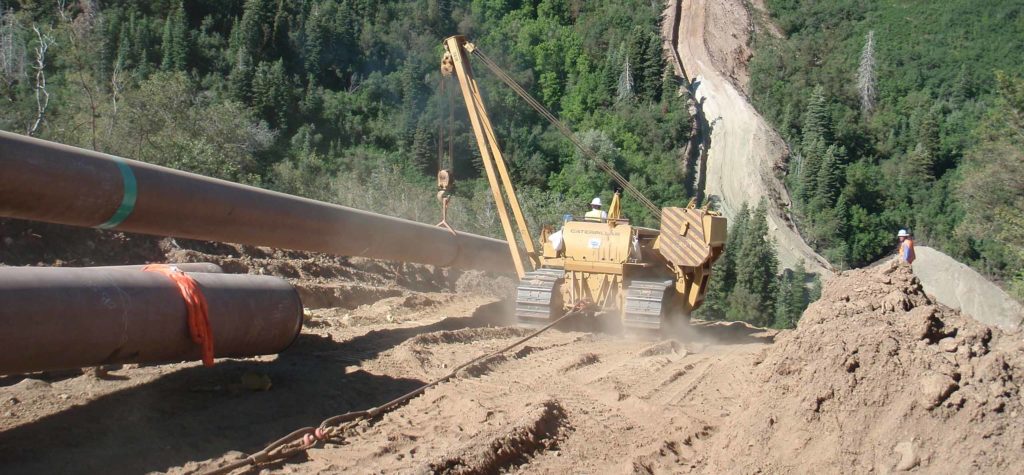
The interview was from the Williston Basin Petroleum Conference. The Williston Basin Petroleum Conference is put on by The North Dakota Petroleum Council
The North Dakota Petroleum Council
The North
Dakota Petroleum Council’s (NDPC) purpose is to provide governmental
relations support to the more than 525 companies it represents who are
involved in all aspects of the oil and gas industry including oil and
gas production, refining, pipeline, mineral leasing, consulting, legal
work, and oil field service activities in North Dakota, South Dakota,
and the Rocky Mountain region. The NDPC is also supported by members of
the American Petroleum Institute (API) who have interests in North
Dakota and South Dakota.
The NDPC has been the primary voice of the oil and gas industry in North Dakota since 1952. The association has a long history of legislative and regulatory success in North Dakota, which has led to a favorable business climate for the oil and gas industry in the Williston Basin. Through the years, NDPC has evolved from a division of the American Petroleum Institute with support from the Rocky Mountain Oil and Gas Association (RMOGA) and eventually the North Dakota Oil and Gas Association (NDOGA), to the present structure as a standalone association.
NDPC Mission
The North Dakota Petroleum
Council’s mission is to promote and enhance the discovery, development,
production, transportation, refining, conservation, and marketing of
oil and gas in North Dakota, South Dakota, and the Rocky Mountain
region; to promote opportunities for open discussion, lawful
interchange of information, and education concerning the petroleum
industry; to monitor and influence legislative and regulatory
activities on the state and national level; and to accumulate and
disseminate information concerning the petroleum industry to foster the
best interests of the public and industry.
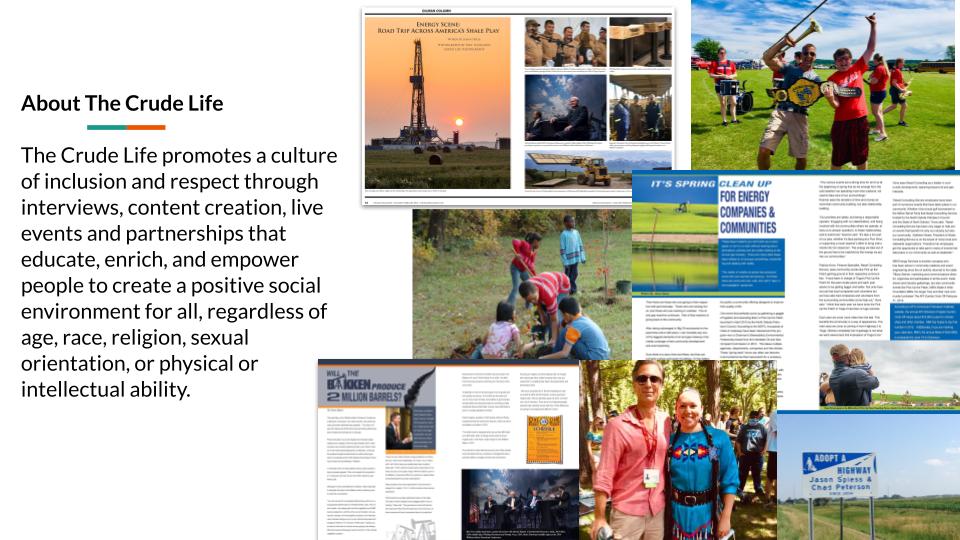
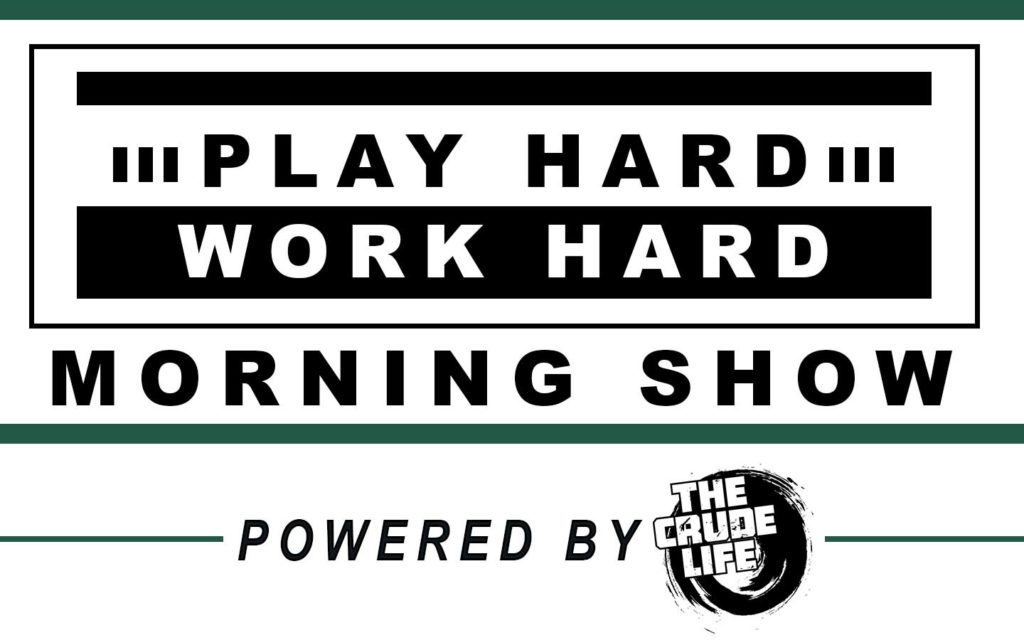
For sponsorship information on The Crude Life Morning Show Play Hard Work Hard, email studio@thecrudelife.com or click here.
Sponsors, Music and Other Show Notes
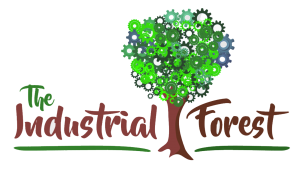
Studio Sponsor: The Industrial Forest
The Industrial Forest is a network of environmentally minded and socially conscious businesses that are using industrial innovations to build a network of sustainable forests across the United States.
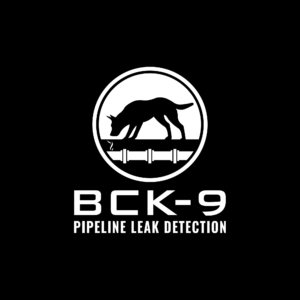
Weekly Sponsor: BCK-9 Pipeline Leak Detection
Disabled Veteran Owned Business in Decatur, TX. Servicing the K-9 industry with pipeline leak detection, detection services, dog training & K-9 consulting. Dwayne Farris served in the United States Marine Corps as a Military Police Officer, assigned to be a Military Working Dog Handler. Upon the honorable completion of active duty, he continued as a reservist for the U.S. Marine Corps Military Police Detachment located in Wahpeton, North Dakota as a squad leader. He was later promoted to the rank of Staff Sergeant.
As a civilian contractor, Dwayne operated for various high-profile U.S.-based security companies deployed to support Operation Enduring Freedom and Operation Iraqi Freedom. He served as a Combat Canine Tracking Handler, Trainer, Kennel Master, and Program Manager. His most recent experience was as the field-based Supervisory Subject Matter Expert working for TSA as the Regional Canine Coordinator for Region 5 based in Seattle, WA. In that position, he regionally oversaw all National Explosive Detection Canine Training Program assigned canine teams. For the Pacific Northwest area of operations, he served as a Regional Canine Training Instructor for the NEDCTP. Prior to joining the TSA, Dwayne was a Multi-Purpose Canine Trainer at Joint Base Lewis-McChord, Washington, for a special operations unit training and deploying K-9 teams in support of world-wide missions.

Weekly Sponsor: MineralTracker
MineralTracker is the only mineral management software that allows mineral owners to compare actual royalty payments to expected payments based on well performance and a proprietary, Bakken-specific reservoir model built by MineralTracker’s petroleum engineers.
MineralTracker was formed in Watford City, North Dakota, and is a subsidiary of First International Bank & Trust, a family-owned bank also based in Watford City.

Phone Line Sponsor: Swan Energy, Inc. 866.539.0860

Studio Email and Inbox Sponsor: To Be Announced

Featured Music: Moody River Band
For guest, band or show topic requests, email studio@thecrudelife.com
Spread the word. Support the industry. Share the energy.
If you have a chance, check out The Crude Life Podcast!

